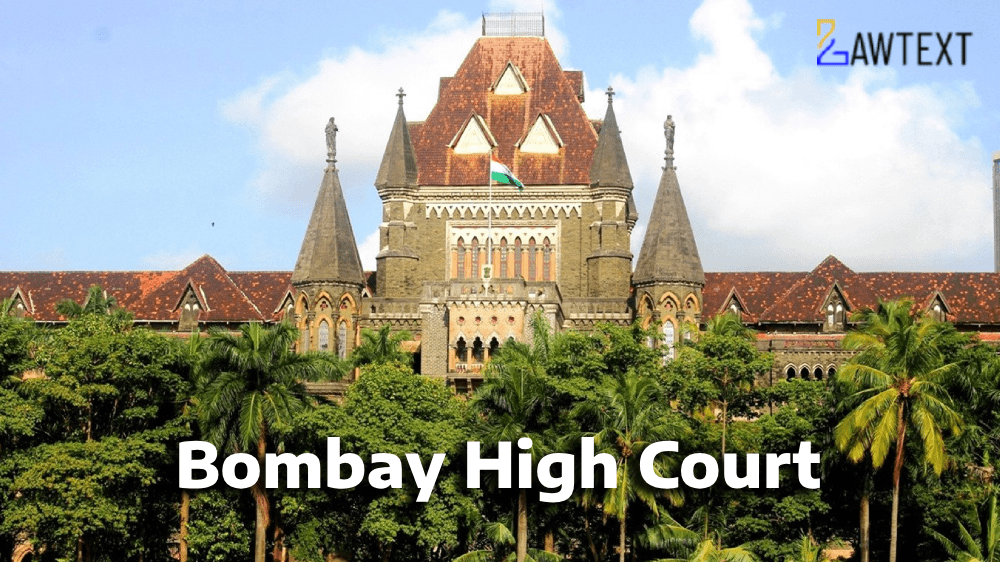CASE NOTE & SUMMARY
Facts of the Case
The applicants (accused) challenged their convictions under Sections 504, 506, 143, 147, 148, 324, 326, read with Section 149 of the Indian Penal Code (IPC), by both the Judicial Magistrate First Class, Shrigonda, and the Additional Sessions Judge, Ahmednagar. The prosecution's case centered on a family dispute over land, culminating in a violent confrontation. Accused individuals armed with sticks, an iron bar, and axes assaulted the complainant, his brother, and their wives, resulting in serious injuries.
Procedural History
- Conviction by Judicial Magistrate: On May 13, 2015, the Magistrate convicted the accused.
- Dismissal of Appeal by Sessions Judge: The Additional Sessions Judge upheld this decision on December 6, 2016.
- Revision Application: Applicants filed a criminal revision before the High Court, challenging both the conviction and the severity of the sentences.
Arguments
-
Applicants’ Counsel:
- Argued the lack of bloodstains on weapons and contradictions in evidence.
- Claimed the hostile panch witnesses and absence of direct involvement by Accused No.5 weakened the prosecution's case.
- Requested a reduction in sentences due to the protracted litigation and the accused’s age.
-
State’s Counsel:
- Asserted that injuries confirmed the use of deadly weapons and common object by all accused.
- Dismissed the hostile panchanama witnesses' effect as the Investigating Officer substantiated evidence independently.
Key Legal Issues
-
Application of Section 149, IPC:
- The High Court clarified the principle of constructive criminal liability, where members of an unlawful assembly can be held accountable if they share a common object, even if not all members actively participate.
-
Role of Investigating Officer and Hostile Panchanamas:
- The Court held that the Investigating Officer could independently substantiate recovery panchanamas if hostile witnesses do not support the prosecution.
-
Non-Examination of an Injured Witness:
- The Court found no error in prosecution procedures, ruling that sufficient corroborating evidence rendered the non-examination immaterial.
-
Sentencing Policy:
- The Court examined India’s sentencing principles, particularly the proportionality of sentences based on crime severity, societal impact, and public conscience.
-
Probation of Offenders Act, 1958:
- The Court denied probation under Section 4 of the Act, noting that the offense was punishable with life imprisonment, which excludes eligibility for probation.
Ratio Decidendi
-
Section 149 IPC - Constructive Liability:
The Court emphasized that Section 149 IPC holds each assembly member vicariously liable for actions aligned with the common object, regardless of individual direct participation. Accused No.5, though not directly inflicting injury, was present with the common object, thereby incurring liability.
-
Evidence and Hostile Witnesses:
A hostile panch witness does not invalidate panchanama evidence if the Investigating Officer independently corroborates it, reinforcing procedural robustness even in the absence of witness cooperation.
-
Sentencing:
Proportionality in sentencing mandates a just outcome that considers the nature of the offense and public interest, thereby upholding the year-long sentence despite requests for reduction.
Court’s Decision
- Criminal Revision Application Dismissed: The Court found no substantial errors in evidence appreciation or sentencing by the lower courts.
- Order of Surrender: Accused to surrender by November 13, 2024, to serve the imposed sentences.
Acts and Sections Discussed
- Indian Penal Code, 1860: Sections 143, 147, 148, 324, 326, 504, 506, and 149.
- Probation of Offenders Act, 1958: Section 4.
Subjects:
- Criminal Revision
- Unlawful Assembly
- Constructive Criminal Liability
- Evidence Law
Citation: 2024 LawText (BOM) (10) 245
Case Number: CRIMINAL REVISION APPLICATION NO.272 OF 2016
Date of Decision: 2024-10-24
Case Title: Kondiba s/o. Bali Gawali & Ors. Versus The State of Maharashtra
Before Judge: S. G. MEHARE, J.
Advocate(s): Mr. Shrikant T. Veer, Advocate for Applicants; Mr. A. A. A. Khan, A.P.P. for Respondent
Appellant: Kondiba s/o. Bali Gawali & Ors.
Respondent: The State of Maharashtra

